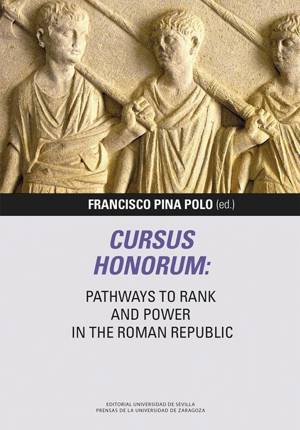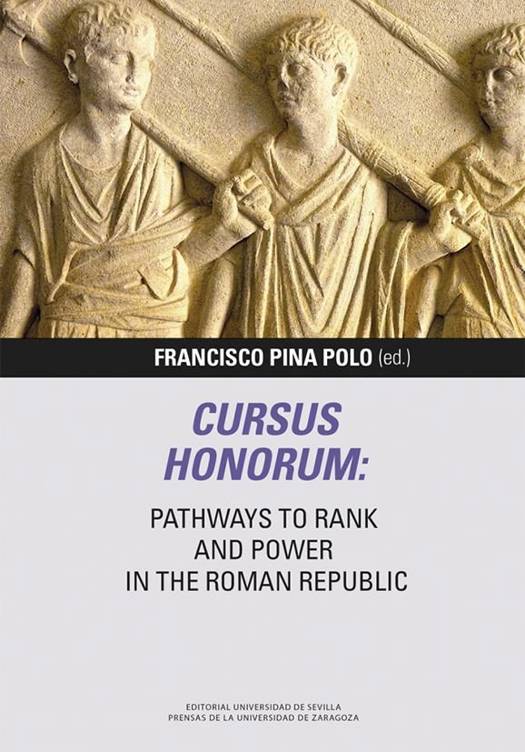
- Afhalen na 1 uur in een winkel met voorraad
- Gratis thuislevering in België vanaf € 30
- Ruim aanbod met 7 miljoen producten
- Afhalen na 1 uur in een winkel met voorraad
- Gratis thuislevering in België vanaf € 30
- Ruim aanbod met 7 miljoen producten
Zoeken
Cursus Honorum: Pathways To Rank And Power In The Roman Republic
Francisco Pina Polo, Federico Santangelo, Hans Beck, Thibaud Lanfranchi, Marian Helm, Russ
Paperback | Engels
€ 39,45
+ 78 punten
Uitvoering
Omschrijving
This volume addresses a crucial issue for the political culture of the Roman Republic: competition among individuals and families of the social elite. This rivalry came to head at the annual elections of new magistrates: every year, a number of candidates ran for office and whereas some obtained sufficient votes from the people, others were defeated. The political career of a Roman citizen therefore took the shape of a hierarchical ladder (cursus honorum) whose rungs corresponded to the age at which one or other magistracy was attained. The book deals with the position of the cursus honorum in Republican history, reflects on the way scholarship has constructed its political and social significance for the political culture of the period, and discusses questions relating to how Roman citizens pursued different political careers. The outcome is a groundbreaking and essential contribution to a better understanding of the Roman Republic.
Specificaties
Betrokkenen
- Auteur(s):
- Uitgeverij:
Inhoud
- Aantal bladzijden:
- 386
- Taal:
- Engels
Eigenschappen
- Productcode (EAN):
- 9788447227976
- Verschijningsdatum:
- 4/04/2025
- Uitvoering:
- Paperback
- Afmetingen:
- 160 mm x 230 mm
- Gewicht:
- 600 g

Alleen bij Standaard Boekhandel
+ 78 punten op je klantenkaart van Standaard Boekhandel
Beoordelingen
We publiceren alleen reviews die voldoen aan de voorwaarden voor reviews. Bekijk onze voorwaarden voor reviews.








